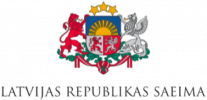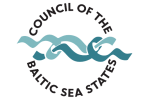39th Session
Digital Session on 6 November 2020
On 6 November 2020, the 39th Session of the Baltic Assembly and 26th Baltic Council was held. Due to the COVID-19 pandemic that was widspread in the Baltic states and in the world in general, the Session of the Baltic Assemblyl for the first time was held digitally.
Parliamentarians and governmental representatives of the Baltic states met to discuss results of the Estonian presidency, plans for the Lithuanian presidency and the impact of COVID-19 on economies, health and employment area as well as education and research.
President of the Baltic Assembly Aadu Must said that 2020 is an extraordinary year, also for the Baltic Assembly. "In March, we had to act fast. There was a need to understand how we work further and how we can contribute to this difficult situation. In the beginning of the COVID-19 outbreak, the Baltic states were caught off-guard. Coordination of common activities faltered. We saw that the COVID-19 pandemic put solidarity of the Baltic states to the rigorous test."
Aadu Must also welcomed the joint measures of governments of the Baltic states in emergency repatriation of the people; exchange of information and approaches in fight against virus; and formation of a joint working group that aimed at coordination of borders-crossing issues.
Cooperation of the Baltic states during COVID-19 crisis
During the Session, the Baltic Assembly presented its "Comprehensive analysis on cooperation of the Baltic states during COVID-19 crisis" (download) as well as jointly with respective ministers of the Baltic states will discussed crisis mitigation measures and strategic vision for recovery of the region.
Chair of the Natural Resources and Environment Committee and moderator of the thematic discussion about COVID-19 Erki Savisaar explained that taking into account the circumstances that occurred during the pandemic and the unpredictability of the situation, each of the Baltic states believes that its national response to the challenges posed by COVID-19 has been adequate and timely; however, the countries have also recognized failures and vulnerabilities that arose.
Erki Savisaar said that the Baltic Assembly has identified shortages that need to be addressed in each of these categories. While presenting the comprehensive analysis of the Baltic Assembly, he focused on three issues that could be the most valuable for the Baltic states – cooperation in health sector’s issues, exchange of information and of course economic cooperation of the Baltic states.
26th Baltic Council
Alongside the Session of the Baltic Assembly, also the digital 26th Baltic Council, a cooperation platform for parliaments and governments, was convened. Members of the Baltic Assembly jointly with representatives of the Baltic Council of Ministers evaluated the implementation of the joint priorities of 2020 and defined objectives of cooperation for 2021.
During the Baltic Council, President of the Baltic Assembly Aadu Must said that interaction between the Baltic Assembly and the Baltic Council of Ministers has been excellent. Organisations work closely together, coordinate actions and promote common initiatives. This mode of cooperation we have to continue and strengthen also in the future. Aadu Must thanked to ministers of foreign affairs of Baltic states - Urmas Reinsalu, Linas Linkevičius and Edgars Rinkēvičs - and their team for their openness and commitment.
Documents adopted during the Session
- Final Document (download)
- Resolution (download)
- Joint Statement of the 26th Baltic Council (download)
- Decision on the Leadership of the Presidium and the Committees (download)
- Decision on Secretary General (download)
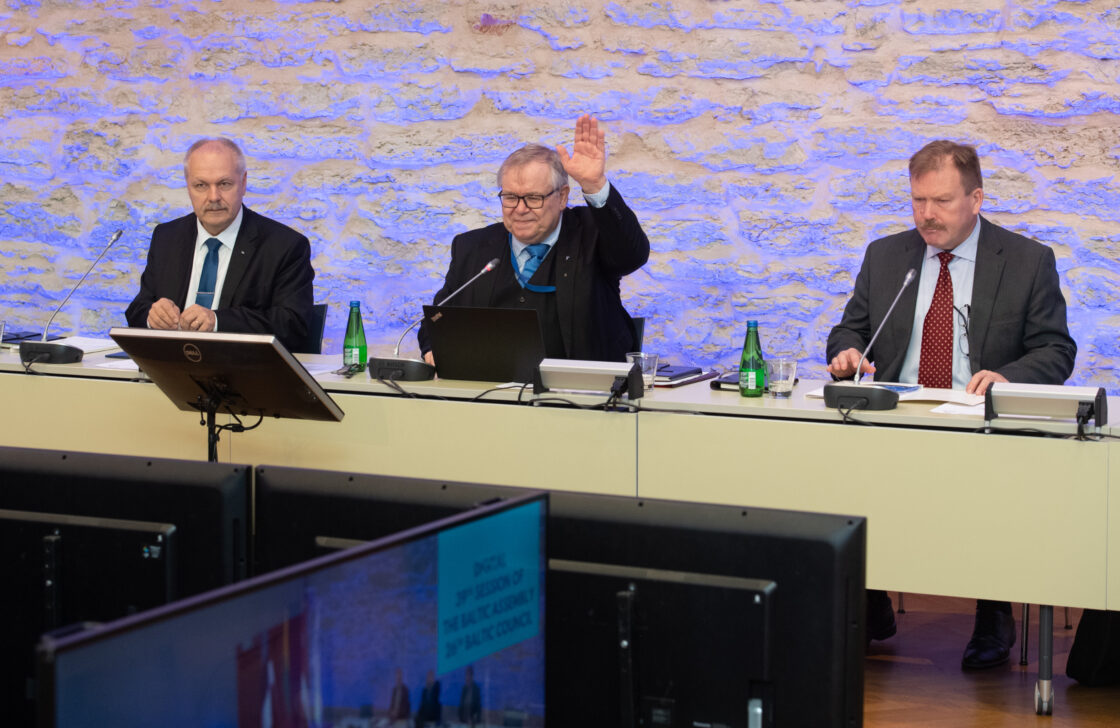
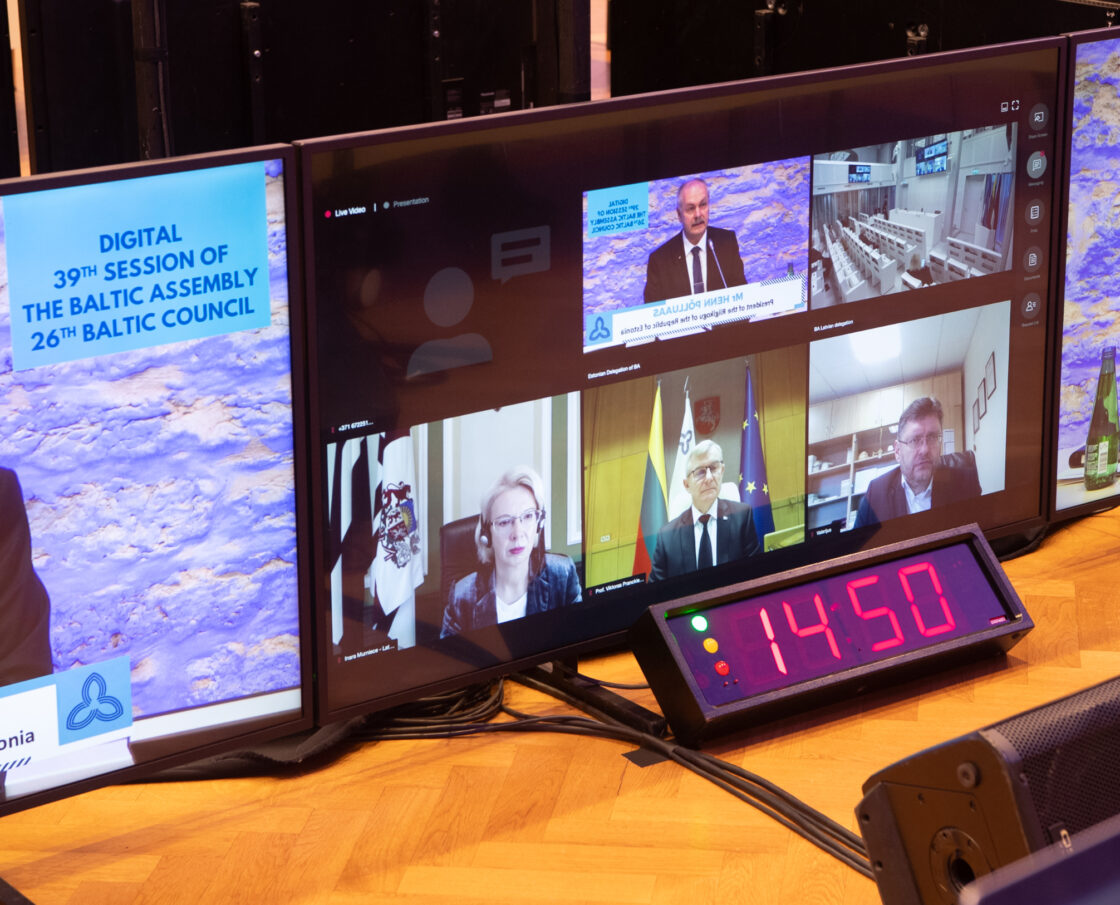 Speakers of the Baltic states during the digital Session of the Baltic Assembly
Speakers of the Baltic states during the digital Session of the Baltic Assembly
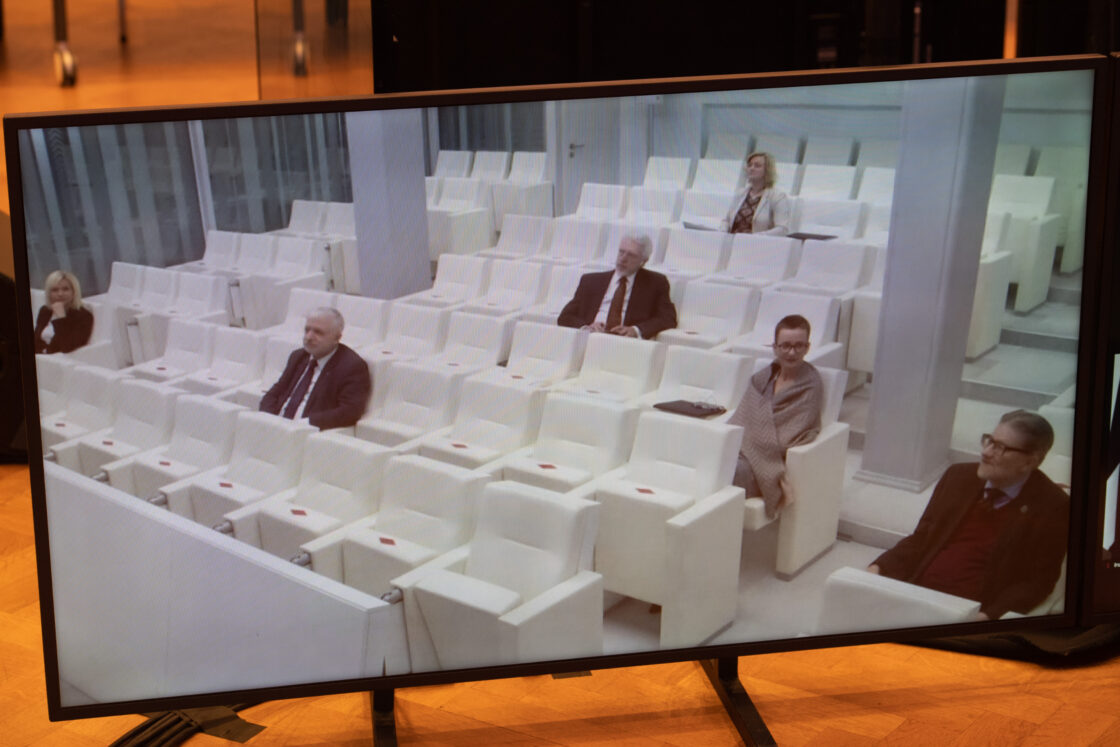 Delegation of Latvia during the digital Session
Delegation of Latvia during the digital Session
 Foreign ministers of the Baltic states during the 26th Baltic Council
Foreign ministers of the Baltic states during the 26th Baltic Council
 Signing of the documents of the Session
Signing of the documents of the Session
© Photos by the Parliament of the Republic of Estonia (Autor: Erik Peinar)

